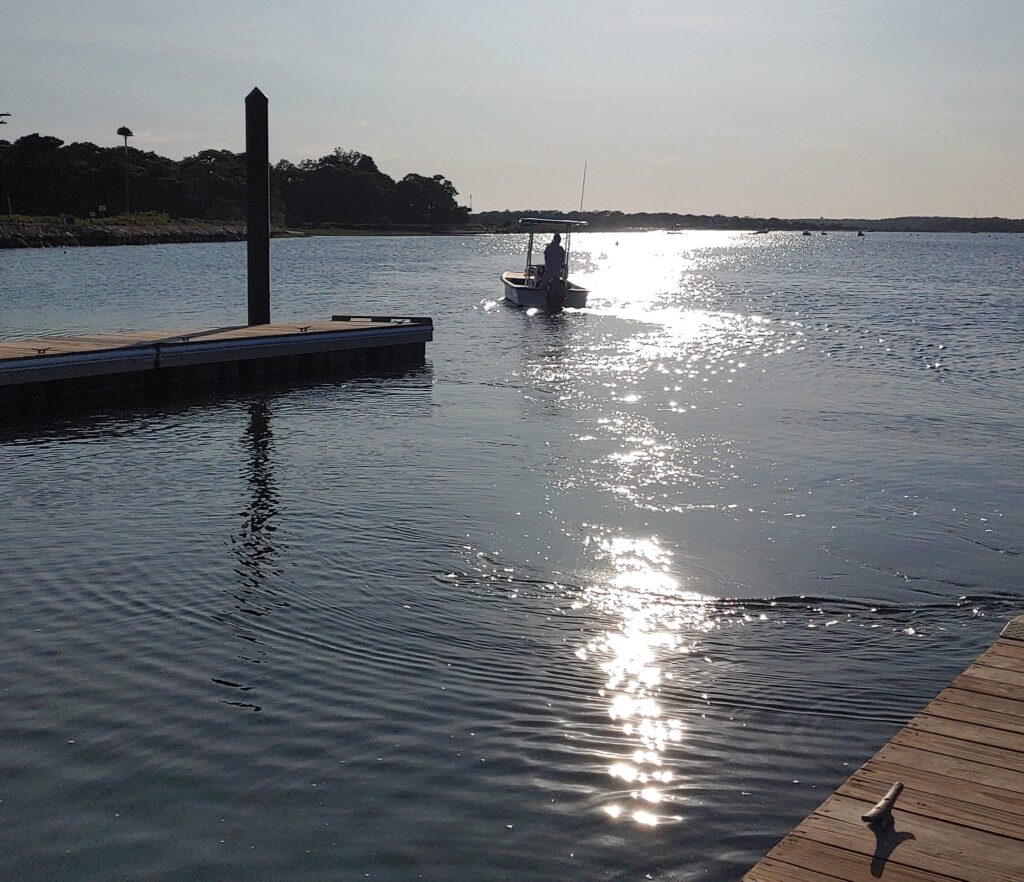Officiant and People
Glory to the Father, and to the Son, and to the Holy Spirit; as it was in the beginning, is now, and will be for ever. Amen. [Book of Common Prayer, p. 103]
And is usually a filler or a connecting word. When we are at a loss for words, trying to remember the seventh item on our never-written-down to-do list, or still in the process of figuring out exactly how many persons/places/things are involved, and leaves the end open. And means it isn’t quite nailed down, not quite finished yet.
And means there’s more to the story: not just an officiant, because no one worships God in solitude – even when alone, there’s the communion of saints that surrounds us all through space and time. And means God’s creative, loving presence wasn’t just a past reality: now and for all the nows to come, God will continue to hold us all in love.
And means that God comes to us in multiple forms, even while always being God: it means we recognize that our language is too small to offer more than a passing glimpse of God, even with a trinitarian understanding.
And means there will always be more to life than we can experience or grasp. If we kept this in mind every time we used or heard this most common of words, I doubt we’d be anything but amazed. And grateful.


